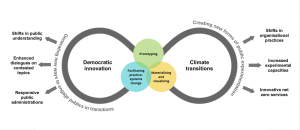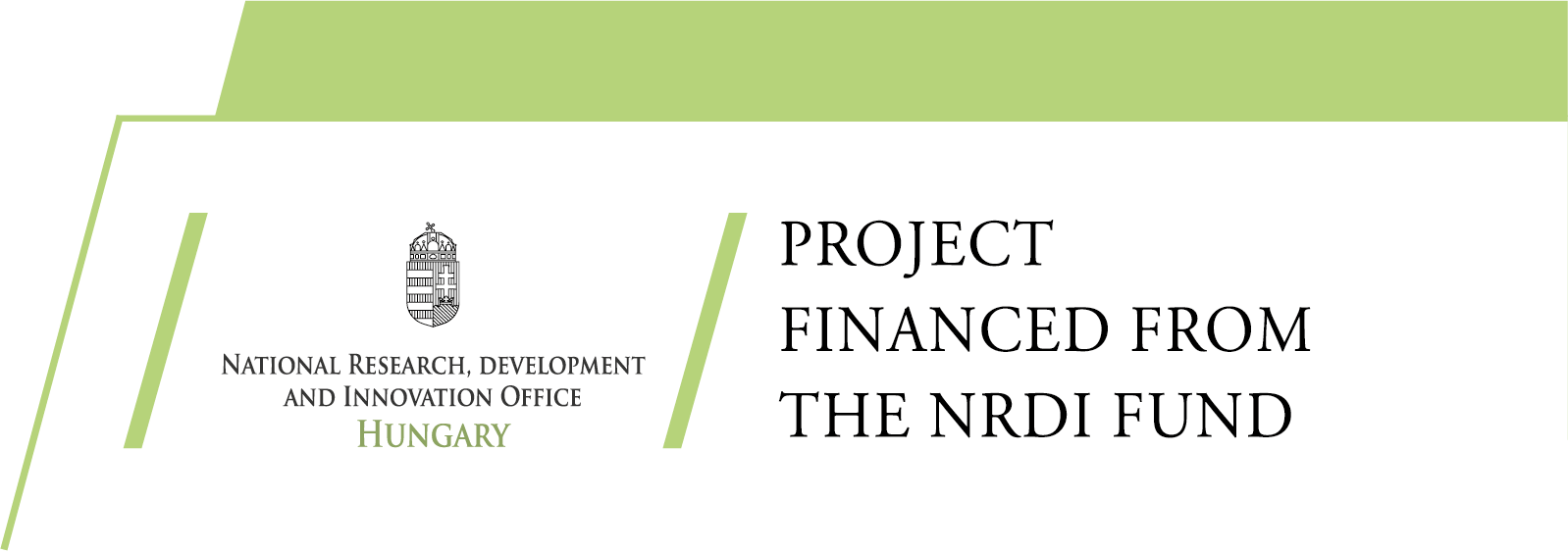Research
Transdisciplinary collaboration, co-creation and experimentation are urgently needed to enable governments, businesses and civil society organisations to develop and deliver multi-level societal solutions required to achieve net zero targets and address activist and citizen concerns about how to achieve them. Design is central to this because of its well-established creative capacities for enabling small-scale experimentation to de-risk solutions through prototyping, synthesising ideas and evidence into materials and visual forms for engaging thestakeholders in exploration of dilemmas and contested topics, and facilitating participation in innovative change – the three themes of this doctoral network. Each of the 13 doctoral positions in this network will deliver research associated with at least one of these three areas of investigation, combining expertise in service design, transition design, systems design with perspectives from the political sciences and transitions management.
RESEARCH THEMES
CoDesign4Transitions has 13 research projects, each of which is aligned to one of three themes. This allows the individual Doctoral Candidates to benefit from dialogues and mutual learning across related research areas.
Theme 1
Prototyping to Enable Democratic Participation in Achieving Climate Transitions
led by
Prof Nicola Morelli, AAU
candidates
DC1, DC4, DC8, DC12
This theme investigates the possibilities, limitations and conditions required for prototyping to be an effective means of democratic public participation and experimentation in contested public debates about transitions to net zero. Researchers working on this theme will produce foundational knowledge and examine the potential and limitations of prototyping in the context of democratic participation in climate transitions, aiming to
- Develop theoretical underpinnings of prototyping as a form of democratic participation in climate transitions (DCs 1 ,4, 8).
- Develop and validate prototyping techniques to enable democratic participation in climate transitions (DCs 1, 4, 8, 12).
- Critically assess the potential and limitations of prototyping as a form of democratic participation in transitions (DCs 1, 4, 8, 12).
Theme 2
Materialisation and Visualisation within Democratic Co-design for Climate Transitions
led by
Prof Lucy Kimbell, UAL
candidates
DC6, DC7, DC9, DC13
This theme will investigate materialisation and visualisation techniques as distinctive skills associated with design supporting sensemaking of data while promoting public participation in just climate transitions. Reseachers working on this topic will integrate knowledge and validate approaches for the take-up of materialisation and visualisation practices in the context of democratic co-design for climate transitions, aiming to
- Develop theoretical underpinning of materialisation and visualisation in the context of democratic participation in climate transitions (DCs 6, 7, 9, 13).
- Develop and validate approaches to materialise policy options for enabling democratic participation in climate transitions in local government, civil society and business (DCs 9, 13).
- Iteratively explore and critically assess approaches to visualisation and materialisation of data for public sensemaking and agonistic deliberation in climate transitions (DCs 6, 7).
Theme 3
Facilitating Practice-Systems Change through Democratic Co-design towards Climate Transitions
led by
Prof Marzia Mortati, Polimi
candidates
DC2, DC3, DC5, DC10, DC11
This theme will study the application and adoption of design and public participation practices to facilitate organisational change at different scales. Researchers working on this topic will develop and test forms of design that facilitate practice-systems change through democratic co-design towards climate transition, aiming to
- Integrate knowledge and approaches for adopting design experimentation as a strategic lever for climate transitions (DCs 2, 11).
- Investigate and amplify practices for circular design (DCs 2, 3).
- Evaluate strategies and governance configurations for the scale up and replication of public participation and codesign practices for climate transitions, including through digital platforms (DCs 5, 10, 11).

